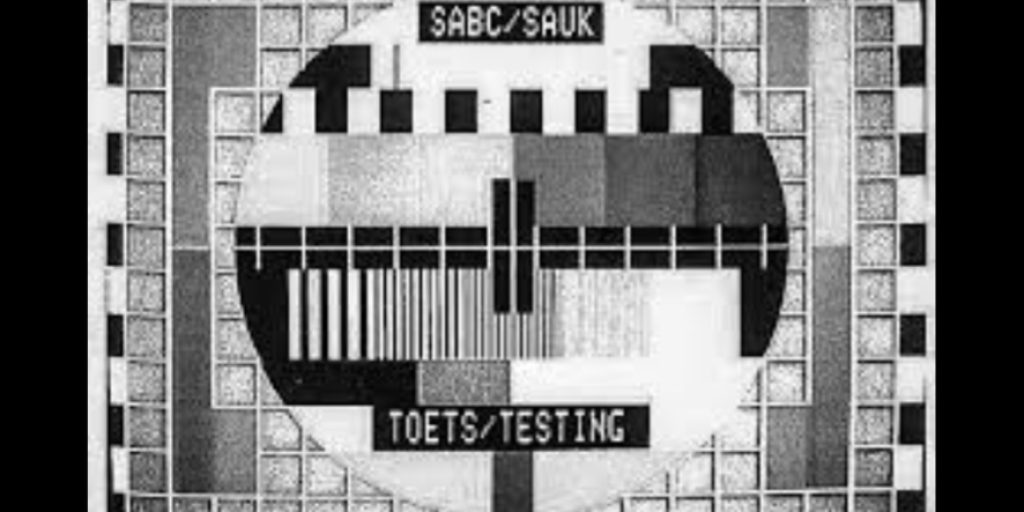Analogue TV blackout on hold; court says lawfulness must be reviewed
SOS Support Public Broadcasting Coalition
In a victory for access to information and freedom of expression, the Pretoria High Court today handed down judgment in the Analogue Switch-Off (ASO) case, finding that the setting of the ASO date was irrational.
e.tv, together with Media Monitoring Africa (MMA) and the SOS Support Public Broadcasting Coalition (SOS) approached the High Court to delay the switch-off set to take place on 31 March 2025.
Had the switch-off gone ahead, not only would community broadcasters, e.tv and the SABC have faced an extinction-level crisis, but millions of the most vulnerable people living in South Africa would have been denied their constitutional and human right to access and receive news and information.
In a scathing judgment, the court highlighted several grounds on which the final order was granted. These included that the decision to set the ASO date was taken by the wrong entity (i.e. Cabinet, and not the Minister of Communications and Digital Technologies), which the court found to be unlawful.
The court also found that the Minister, Solly Malatsi, had failed in his constitutional obligation to consult with all relevant stakeholders
This was particularly relevant for MMA and SOS, as both organisations had been excluded from the consultation process.
‘Upon enquiry by the court, Counsel for the Minister conceded that the above consultation requirements were not complied with by the Minister. The country and the stakeholders (including the applicants) were presented with a fait accompli.’
The judgment went on further to note that: ‘The Minister’s stance is bad in law in that … the e.tv judgment … requires consultation regarding the actual date of the ASO.’ This may partly explain why a cost order was awarded against the Minister.
The court found that the setting of the ASO date was irrational.
Regarding the consequences, the court found ‘the Minister chooses to turn a blind eye to the following fact which expose the State’s inactivity during the period 2023 to 2024 (contained in his answering affidavit)’.
‘Only 45 450 STBs were installed between August 2023 to October 2024; between August and December 2024, the department only installed 15 740 STBs (about 300 per month), and, even though the State knew that in August 2023 well over 400 000 households required STBs … before 31 December 2024, it [had] installed only 61 000 STBs in a period of 18 months.’
The Minister’s actions are even more egregious given he has repeatedly promised indigent households that ASO would not sever access to television access
‘It is not a matter for speculation that the public will suffer severe consequences, and even the Minister admits in his answering affidavit that if the analogue transmitters cease operating, the “whole republic” will suffer prejudice.’
We therefore welcome, unequivocally, and applaud the court’s unambiguous commitment to safeguarding and upholding fundamental rights.
The harm is not just a temporary inconvenience. Each day without access to news, public service announcements and educational programing results in irreversible loss of knowledge, awareness and democratic participation.
Today we celebrate a victory not only of a rights-focused judgment, but also celebrate how the court was able to highlight the importance of the ASO decision. Had it been allowed to go ahead; the rights of millions of people would have been grossly violated.




